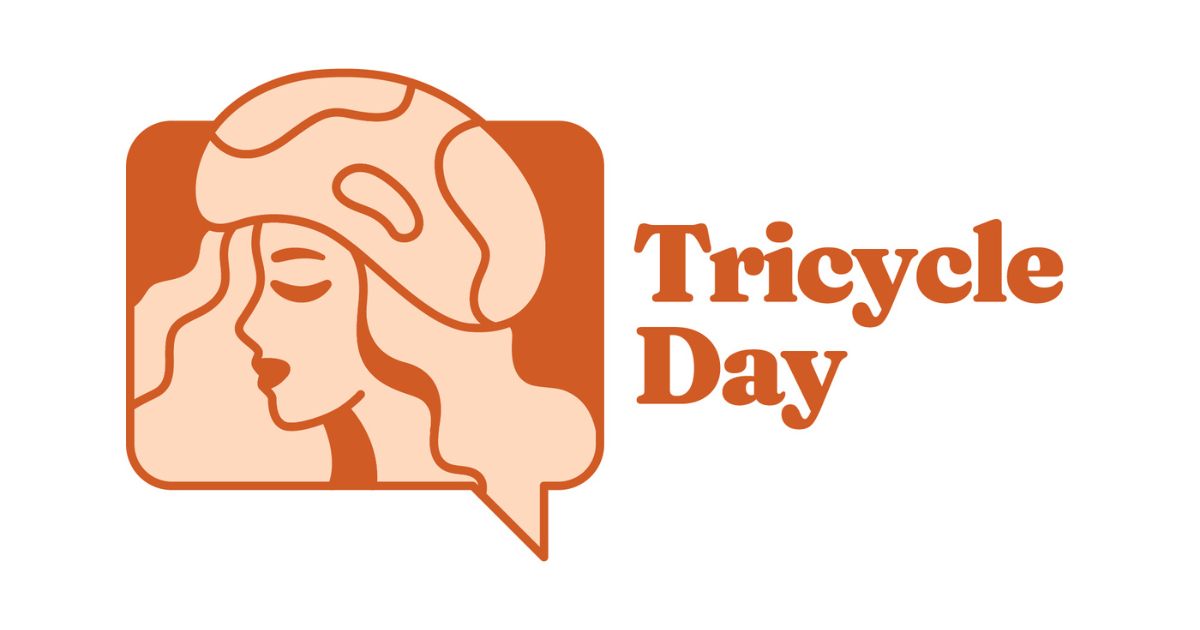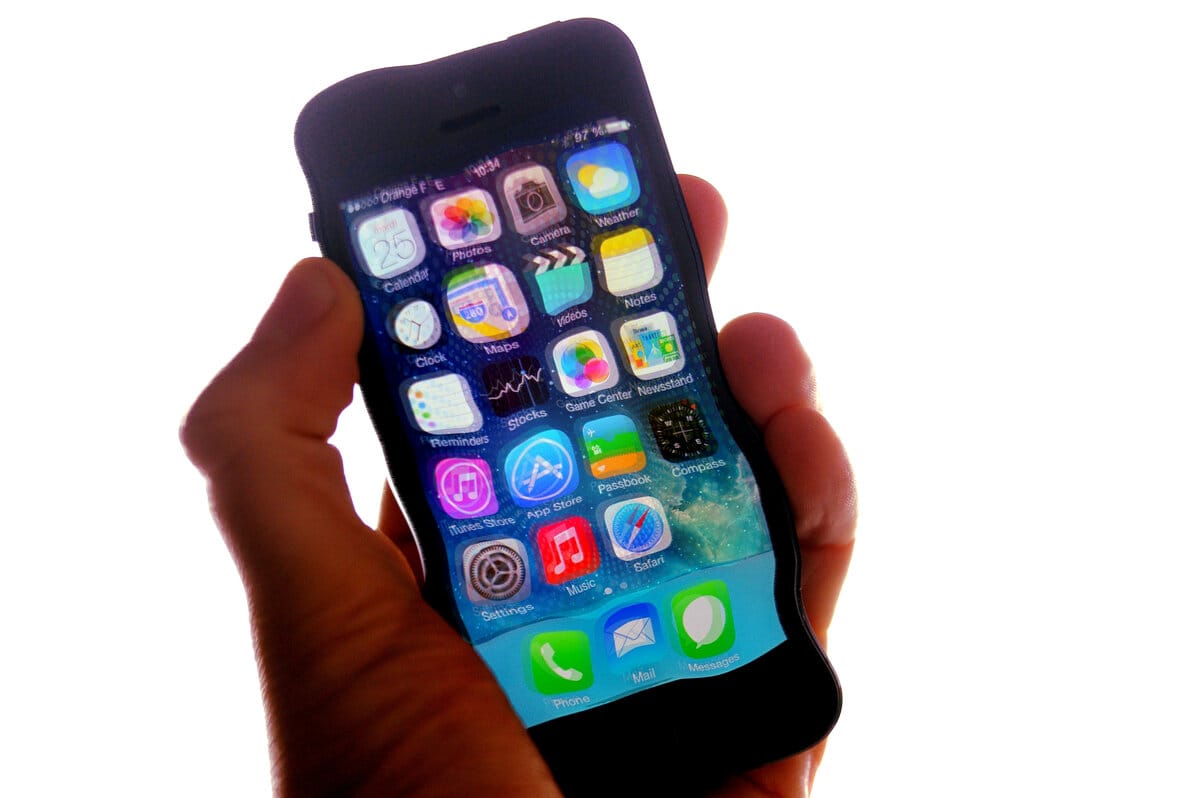
Welcome to Tricycle Day. We’re the tripsitter in your inbox, here to help you unpack and integrate the latest news in psychedelics.
Here’s what’s coming at ya today.
A non-hallucinogenic psychedelic from the 70s gets a second look
Training and tools for psychedelic therapists are on the rise
A non-hallucinogenic psychedelic just rose from the dead
Wait, hold on a sec. A non-hallucinogenic psychedelic? What does that even mean?
That’s like a “working vacation” (🤮). Or the sugar-free gum you get at the dentist. Like, yeah I’m chewing it… but where’s the danger and excitement?!

Gotta go to Singapore if you want that adrenaline rush.
Actually, a psychedelic without the hallucinations might not be an oxymoron after all. Let’s back up.
There’s an ongoing debate in the scientific community around where the therapeutic benefits of psychedelics come from. We can simplify it down to two hypotheses:
The “Experiential” Hypothesis 😵💫 states that the subjective experiences (the trips) produced by psychedelics are an important part of their therapeutic effects.
The “Neurochemical” Hypothesis 🧠 states that psychedelics work by acting on specific neurotransmitters and circuits in the brain to “normalize” abnormal activity, which can help improve mental health.
These two ideas are not mutually exclusive, and the truth is probably some combination of the two. But more research is needed to fully understand how and why psychedelics have such profound and wide-ranging effects.
If you believe that #2 is even partially true, then it’s worth considering the potential of psychedelic medicine that skips the “inconvenience” of the trip and jumps straight to the therapeutic benefit, right?
No set and setting, no ceremony, no battling your inner demons. Just a happier, healthier mind.
Microdosers in the crowd know what we’re talking about.

Say it louder for the people in the back.
So what’s the news here?
Ariadne, a non-hallucinogenic psychedelic that hasn’t been studied for nearly 50 years, just made an epic comeback.
The authors of a new article dug up a bunch of unpublished research from the pharmaceutical company Bristol-Myers, who studied the drug back in the 70’s. The original trials found that Ariadne was effective in treating several conditions, including schizophrenia, Parkinson’s, and cognitive decline associated with aging.
The paper also includes some new research on mice, which supports the idea that Ariadne shows promise for treating Parkinson’s and other neurodegenerative diseases.
We love a good comeback story. Guess that's why they're calling it the "psychedelic renaissance."
And in case you thought scientists had no appreciation for the arts, get this.
The authors included an illustration with their paper. Ariadne was named by Sasha Shulgin, legendary psychonaut and self-experimenter, after Ariadne, who led Theseus out of the labyrinth in Greek mythology.
Now was that before or after she licked a donut and got canceled on social media?

Sadly for Ariadne Grande, the donut was non-hallucinogenic.
Psychedelic therapists, it's time to get proper
Until very recently, all psychedelic-assisted therapy was done underground, for obvious reasons.
But now that regulation and scientific consensus is shifting, it’s only a matter of time before practitioners get the same level of training and support as other health care providers.
In fact, it’s already happening.
ATMA Journey Centers, Canada’s leading psychedelic-assisted therapy training provider, just expanded its programs to include training for licensed physicians and prescribers.
Based on new regulations in Alberta, doctors, psychiatrists, and nurse practitioners can now refer patients for psychedelic treatment.
That’s a good thing, right?
Well yeah… except for the fact that most doctors don’t know the first thing about psychedelics. 🤦♂️
Since only a handful have had any clinical experience with psilocybin or MDMA, ATMA recognized a need to educate docs on the power of psychedelics and how to identify candidates for therapy.
But training is just the tip of the iceberg.
Meanwhile, Journey Clinical just raised $8.5 million to build out psychedelic medicine infrastructure. They’ll offer therapists a plug-and-play telehealth platform to conduct psychedelic-assisted psychotherapy, including intake processing, side effect monitoring, and outcome tracking.
The real question is, will you be able to find the app on your phone while you’re tripping balls?

Good luck 🫡
Microdoses
Forbes contributor, Andrew DeAngelo, posts his top 10 predictions for the cannabis and psychedelic communities in 2023.
2023 could be a pivotal year for psychedelic-assisted treatment for behavioral health conditions, according to Behavioral Health Business.
That's all for today! If you're picking up what we're putting down, share this newsletter with all your friends. New subscribers make us trip! 😵💫
DISCLAIMER: This newsletter is for educational and informational purposes only and is not intended as a substitute for professional medical advice. The use, possession, and distribution of psychedelic drugs are illegal in most countries and may result in criminal prosecution.


